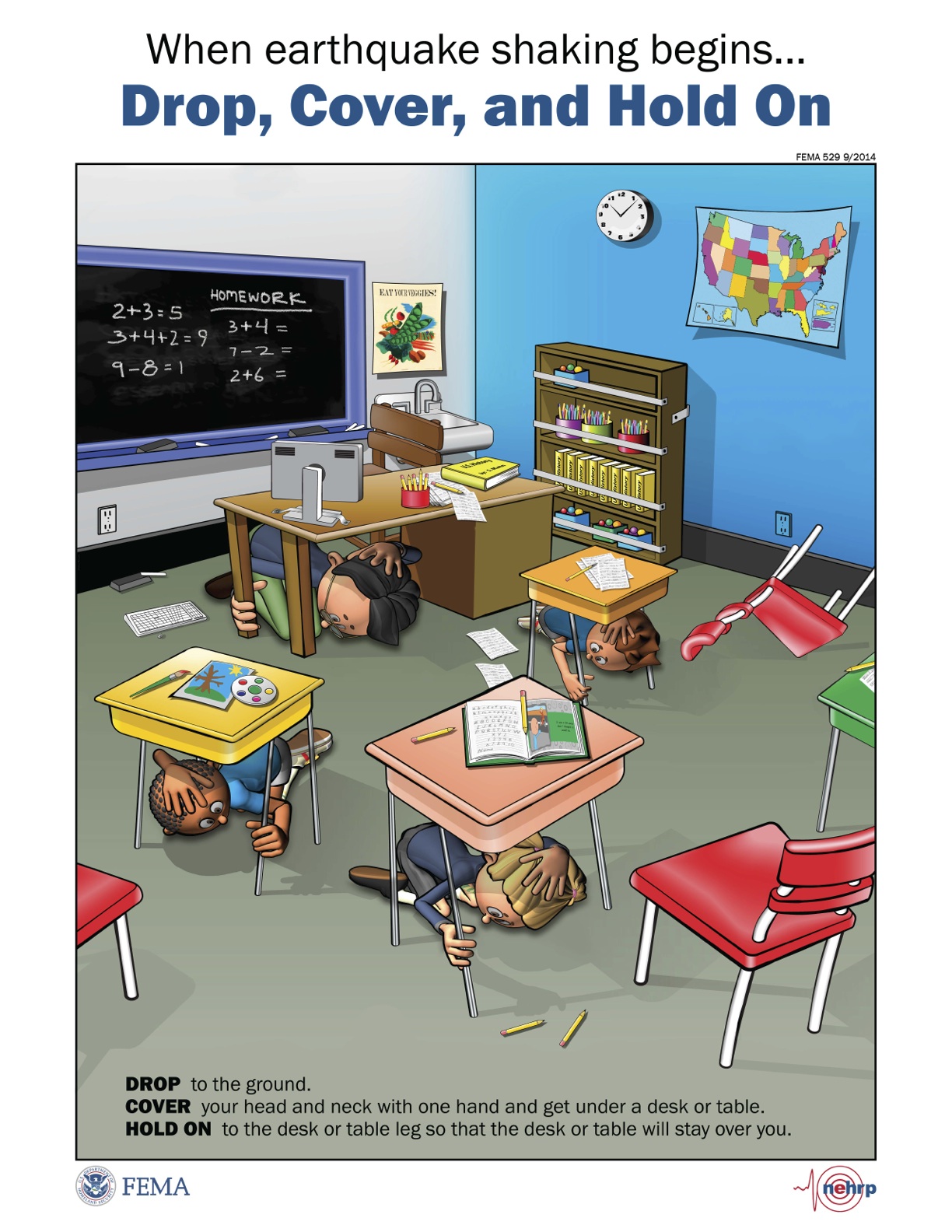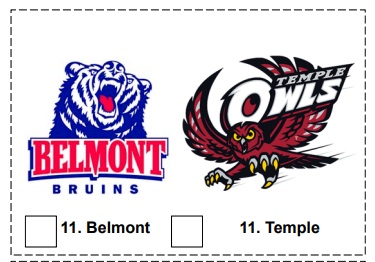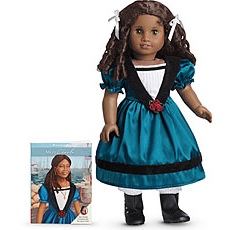The start of a new school year is approaching – new learning experiences, new school supplies and new friends. Statistically speaking, one of those new friends in your son or daughter’s classroom will have a food allergy.
Studies show approximately 5.9 million children in the U.S., or 1 in 13, have a food allergy – that’s roughly two in every classroom. If your child doesn’t have a food allergy, you may think that this serious and potentially life-threatening medical condition doesn’t affect you. But with the number of children affected by food allergies rising, food allergies are an issue in every community.
Across the country, schools are implementing procedures to ensure the safety of students with food allergies. Each student with food allergies should have an individualized plan in place to keep them safe and included in activities.
Schools have taken different approaches, including restricting or limiting food in the classroom, taking extra precautions in the school cafeteria with allergen-aware tables and installing computer systems that identify children with food allergies at the cash register.
It’s important to understand why these safety measures are critical. Approximately 40 percent of children with food allergies have already experienced a severe reaction such as anaphylaxis, which can occur suddenly and is potentially fatal. Individuals with food allergies must carry an epinephrine auto-injector, if prescribed, at all times. Epinephrine is the only medication that can reverse the symptoms of anaphylaxis.
Equally important is offering support for children with food allergies to ensure they don’t feel isolated or are excluded. Sadly, about one-third of kids with food allergies report being bullied because of their food allergy, according to a study published in the medical journal Pediatrics. Last spring, FARE released a PSA, “Food Allergy Bullying: It’s Not a Joke,” which shows how understanding classmates, parents and teachers can make a difference in these kids’ lives.
For more information about food allergies, visit FoodAllergy.org. To find a FARE Walk for Food Allergy event near you, where you can help raise awareness and funds for vital food allergy programs, visit FoodAllergyWalk.org. (South Jerseyans, there's one through Pennsauken's Cooper River Park on September 22.)






